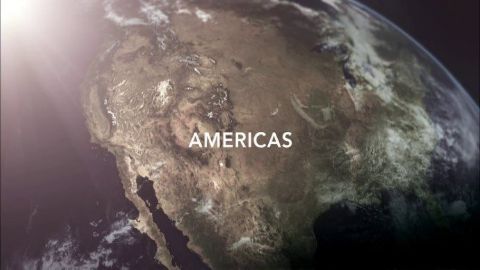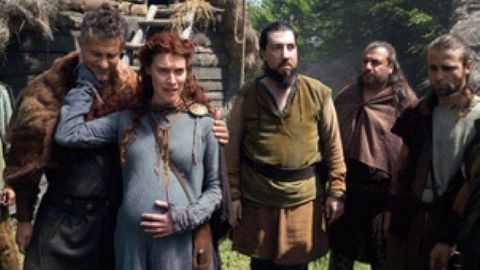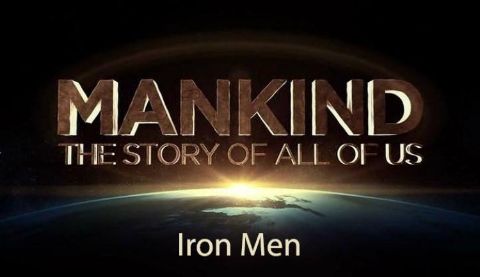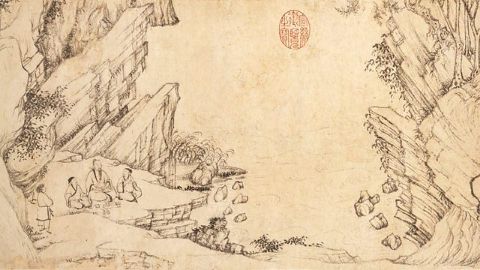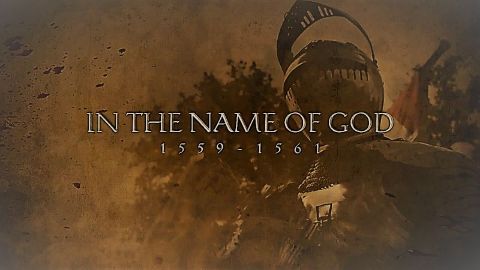First Peoples • 2015 • 5 episodes •
As early humans spread out across the world, their toughest challenge was colonizing the Americas — because a huge ice sheet blocked the route. It has long been thought that the pioneers, known as Clovis people, arrived about 13,000 years ago, but an underwater discovery in Mexico suggests people arrived earlier than previously thought — and by boat, not on foot. How closely related were these First Americans to today’s Native Americans? It’s a controversial matter, focused on Kennewick Man. Few other skeletons engender such strong feelings.
2015 • History
Around 200,000 years ago, a new species, Homo sapiens, appeared on the African landscape. While scientists have imagined eastern Africa as a real-life Garden of Eden, the latest research suggests humans evolved in many places across the continent at the same time. DNA from a 19th-century African-American slave is forcing geneticists to re-think the origins of our species. The theory is that our ancestors met, mated and hybridized with other human types in Africa — creating ever greater diversity within our species.
2015 • History
What happened when early humans ventured out of Africa and into Asia? Where did they go and whom did they meet along the way? The latest evidence suggests they left far earlier than previously thought and interbred with other types of ancient human - Homo erectus, Neanderthals and also the Denisovans, whose existence was established only five years ago when geneticists extracted DNA from a tiny fragment of finger bone. Because these ancient humans mated with our ancestors, their genes have found a home in our DNA. More than that, they’ve helped us survive and thrive.
2015 • History
When Homo sapiens arrived in Australia, they were, for the first time, truly alone, surrounded by wildly different flora and fauna. How did they survive and populate a continent? There is a close cultural and genetic link between the First Australians and modern-day Aborigines. The ancient and modern story intersect here as nowhere else in the world. The secret to this continuity is diversity. Intuitively, they found the right balance between being separate and connected.
2015 • History
When Homo sapiens turned up in prehistoric Europe, they ran into the Neanderthals. The two types of human were similar enough to interbreed — and both created artifacts of similar complexity. But as more and more Homo sapiens moved into Europe, the balance of power shifted. Neanderthals were overwhelmed. Ever since, we’ve had Europe and the rest of the world to ourselves.
2015 • History
